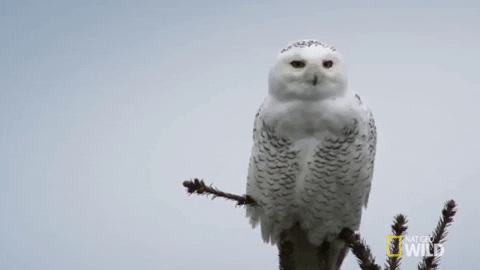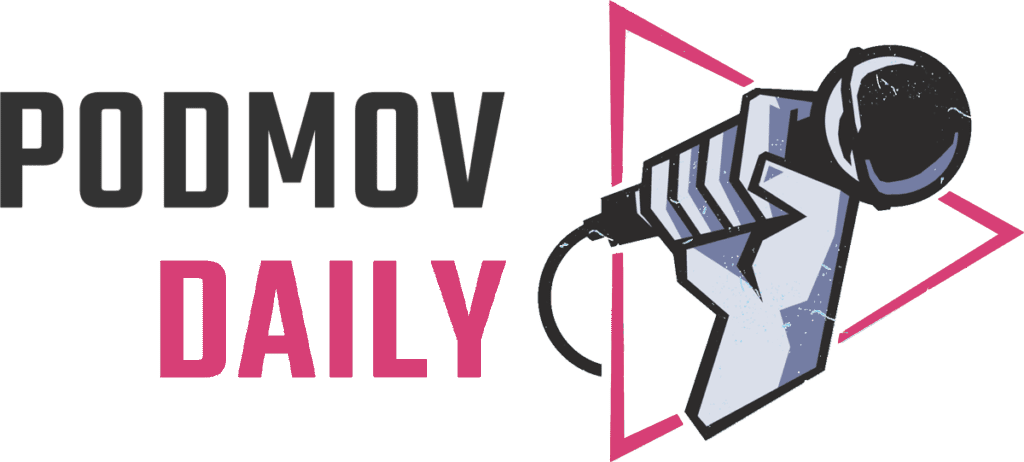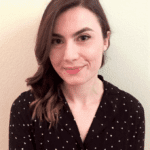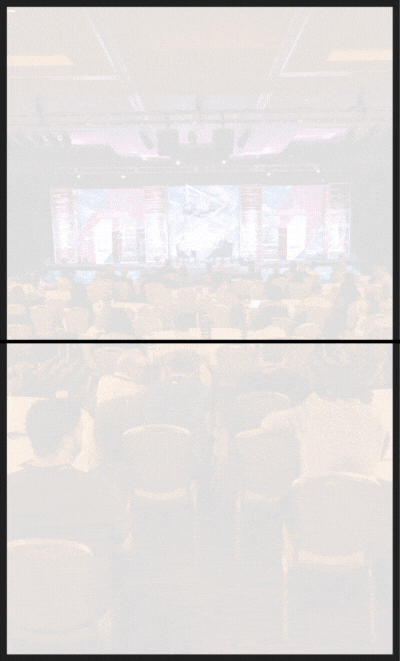

PodMov Daily: Wednesday, January 13
Episode 349: Your Midweek Update

Define (and Refine) Your Podcast with a Show Bible
“If only there were a reference manual for your podcast,” suggests documentary podcaster Doug Fraser. “Something to help you conserve brain power, communicate your show’s identity, and refine its style over time.” Enter the podcast show bible. It’s a five-part blueprint that originated in film and thrives in audio.
“When stuck or straying from the show’s original intent, the show bible is where you go to refamiliarize yourself with themes, structure, and why the show exists in the first place,” Fraser explains. He breaks down the creation process from start to finish, including familiar examples and helpful thought exercises.
A show bible isn’t just for streamlining your progress (though it’s ideal for that, too): “If you’re ever in a position to pitch to a network or a competitive sponsor, most of your prep work will already be finished.” From writing to finding references, time spent here is an investment with unlimited payoff. Let’s get started.
A Letter from Former Podcast Staff at Condé Nast
Yesterday, eleven audio producers formerly employed by Condé Nast posted an open letter. Their experience of working on a slate of flagship podcasts was rough, to say the least. The letter alleges that “Professional audio work is undervalued across our industry,” from deceptive outsourcing to sudden contract layoffs.
“It is no secret that the audio industry has exploded over the past decade, and as that happened there have been both unavoidable and very preventable growing pains,” the authors say. Like other large media companies, Condé Nast jumped into podcasting for ad revenue without considering the staff they’d need to bring in.
In detail the group describes “an opportunity for a paradigm shift” toward a more equitable, sustainable industry. As Tarkor Zehn, a former In Vogue associate producer, told The Verge, “It’s important for companies to realize that if you want to invest in the product, you have to invest in the people who make the work.”

Riverside.fm: Remote Recording, Unmatched Quality
Now more than ever, quality comes first for remote recording. Welcome to Riverside.fm, the first platform that records up to 4k video and WAV audio from the browser. Recorded locally, separate audio and video tracks for each participant are crisp, clear, and perfectly in-sync.
Riverside.fm has the unique ability to record uncompressed audio and 4k video tracks, independent of internet speeds. There’s nothing to install or download — up to 8 people can simply join and start creating. Even better, automatic backup for each recording means no lost files, ever.
Ready to level up your live streams? Engage your audience on the platform, YouTube, Facebook, Twitch, or Twitter. From progressive uploading to easy screen sharing, the Riverside experience is second to none. Check out the all-new redesign to discover recording done right.
Here's what else is going on:
- Top choice: Applications for Neon Hum Media’s podcast editing bootcamp are due one week from today. This spring’s eight-week training is designed for “people from underrepresented groups who want to become podcast editors.” Eight participants will be announced on February 25.
- Good timing: NPR’s Story Lab Workshop has extended its spring application deadline until January 24. The six-month program is “seeking submissions for ambitious podcasts, special series, and other long-form audio projects that exhibit high-impact journalism and creative storytelling.”
- Wave pool: The social podcast app Breaker won’t be shut down after all, though its team is still moving to Twitter. Breaker was expected to close on Friday. According to Podnews, “The app has been acquired by Maple Media, an LA-based publisher, which already owns Player FM and Podkicker.”
- Serious talk: Podcast pedagogy impacts much more than the learning process, writes premodern literature professor Marissa Greenberg. “I recognized that teaching with podcasts can also promote social justice by addressing systemic inequities in student access, safety, and health.”






Join the Movement